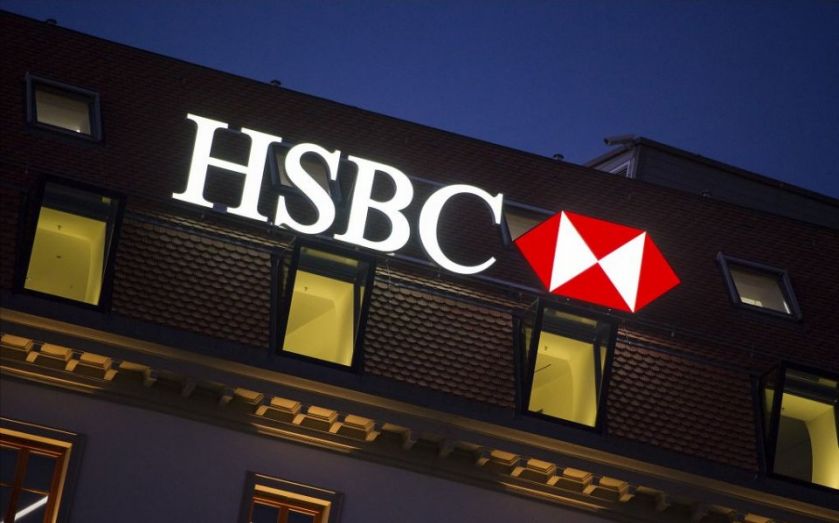HSBC: We deeply regret practices at Swiss bank

HSBC has issued an apology for the historical practices and behaviours at its Swiss private bank, describing them as “unacceptable”.
The banking group, which this morning revealed worse-than-expected full year results, said the recent disclosures about its actions, helping wealthy clients to avoid paying taxes several years ago, were “in contravention of our own policies as well as expectations of us”.
“We deeply regret and apologise for the conduct and compliance failures,” the group said in a statement.
It noted that it had overhauled its private banking business over the past eight years, reducing its customer base and the countries served to around one-third of the size they were in 2007.
“We cannot change the past. But, looking to the future, we can and must reinforce controls and provide demonstrable evidence of their effectiveness,” the bank said.
Management also referenced the trust-damaging revelations in their own statements.
Chairman Douglas Flint said:
As our industry reshapes in response to public policy and regulatory directives, we now need to demonstrate, through clarity of our business model, the value to society of our scale and diversification. We must never forget that investors have choices where to invest and individuals have choices where to make their careers. Thus it is essential that we can demonstrate a positive contribution to the societies we serve in order to bolster the business friendly environment that all agree is essential for economic growth and prosperity.
As part of chief executive Stuart Gulliver's review of the year, he said:
Restoration of trust in our industry remains a significant challenge as further misdeeds are uncovered but it is a challenge we must meet successfully. We owe this not just to society but to our staff to ensure they can be rightly proud of the organisation to which they have committed their careers. When commentators extrapolate instances of control failure or individual misconduct to question the culture of the firm it strikes painfully at the heart of our identity.